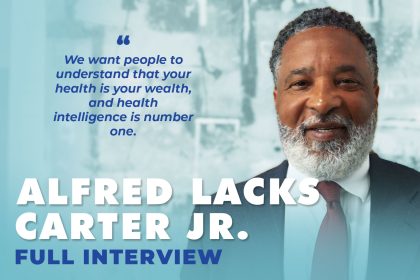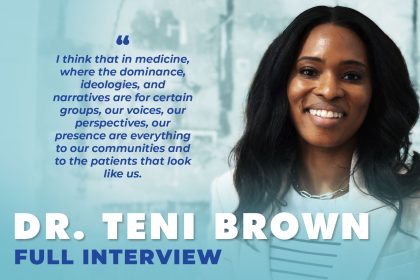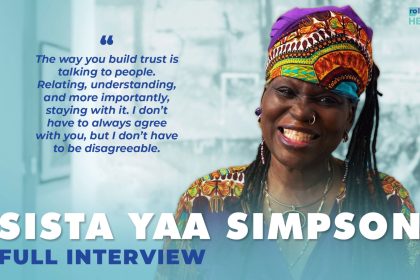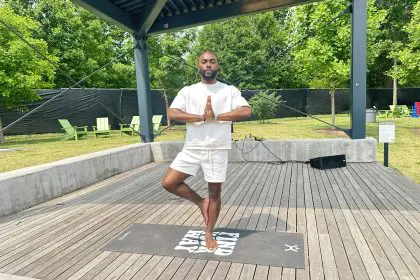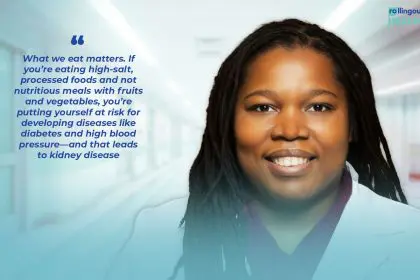Aug. 31 was recognized as National Overdose Awareness Day in the United States. Amid the country’s current mental health and opioid crisis, Dr. Rahul Gupta of the Office of National Drug Policy has been on a mission to decrease the number of fatal overdose incidents in the country.
A few Black celebrities have overdosed in the past few years. Lamar Odom, best known as the 2011 NBA Sixth Man of the Year with the Los Angeles Lakers and as Khloe Kardashian’s ex-husband, had a near-fatal overdose in 2015, though he later claimed he didn’t do drugs. In what was ruled an overdose, Memphis rapper Gangsta Boo died at 43 on New Year’s Day 2023. Philadelphia rapper and model Chynna Rogers died of an overdose at 25 in April 2020.
Dr.Gupta discussed the crisis and overdose prevention more in-depth.
What are the statistics around overdosing right now, and where does the United States stand on the issue in 2023?
We see overdoses, poisonings, deaths, and if you look at those numbers, they’re huge in this country. We’ve had over 110,000 or so people die last year because of overdoses and poisonings. For everyone, we see states where there’s a 14-to-1 ratio, meaning that sometimes the nonfatal overdoses, those that don’t kill people, tend to be multiple times more than [the fatal overdoses]. We think there are obviously so many more poisonings and overdoses that occur. And the deaths are just the tip of the iceberg.
In hip-hop, we’ve seen the tragic deaths of Gangsta Boo and Chynna Rogers in the past few years. Rogers died in April 2020, a month into the pandemic and she had a history of battling addiction. How cautious are you of examples like Rogers where someone is isolated and has a history of addiction?
It’s so important.
A lot of young people are being affected; we’ve seen the numbers double in a few years. We also know there’s a lot of stigma that goes around. Often, young people are already dealing with mental health challenges and social isolation and they don’t often want to share all of that, especially with people they don’t know or trust. Then, there’s a stigma to mental disease itself.
I think the best thing for folks, young folks especially, may [be] if you are stressed out, you’re going to order some Xanax or Adderall online and get it, it is not safe any longer. The drug supply has gotten a lot more contaminated; there are so many more fake pills in the market. Just break that barrier, go to your doctor, and get it from the pharmacy when you need the help. That’s probably the best way to protect yourself, first of all, because we’ve seen the numbers.
Six out of 10 pills ordered online have a potentially lethal dose of fentanyl in them. It’s worse than playing Russian roulette with your life.
The second thing is to carry the antidote with you. No matter where you are, it may not be about you or for you; it may be for somebody else — whether you’re in a gathering, in a mall or school. You might be the hero to save somebody else’s life because they didn’t know they could have gotten that in that way.
So those are my biggest messages — [don’t be stymied by] stigma, [if you are using] fentanyl, [or any] drugs that [are] not legitimate, carry Naloxone or Narcan, which is the antidote for overdoses.

